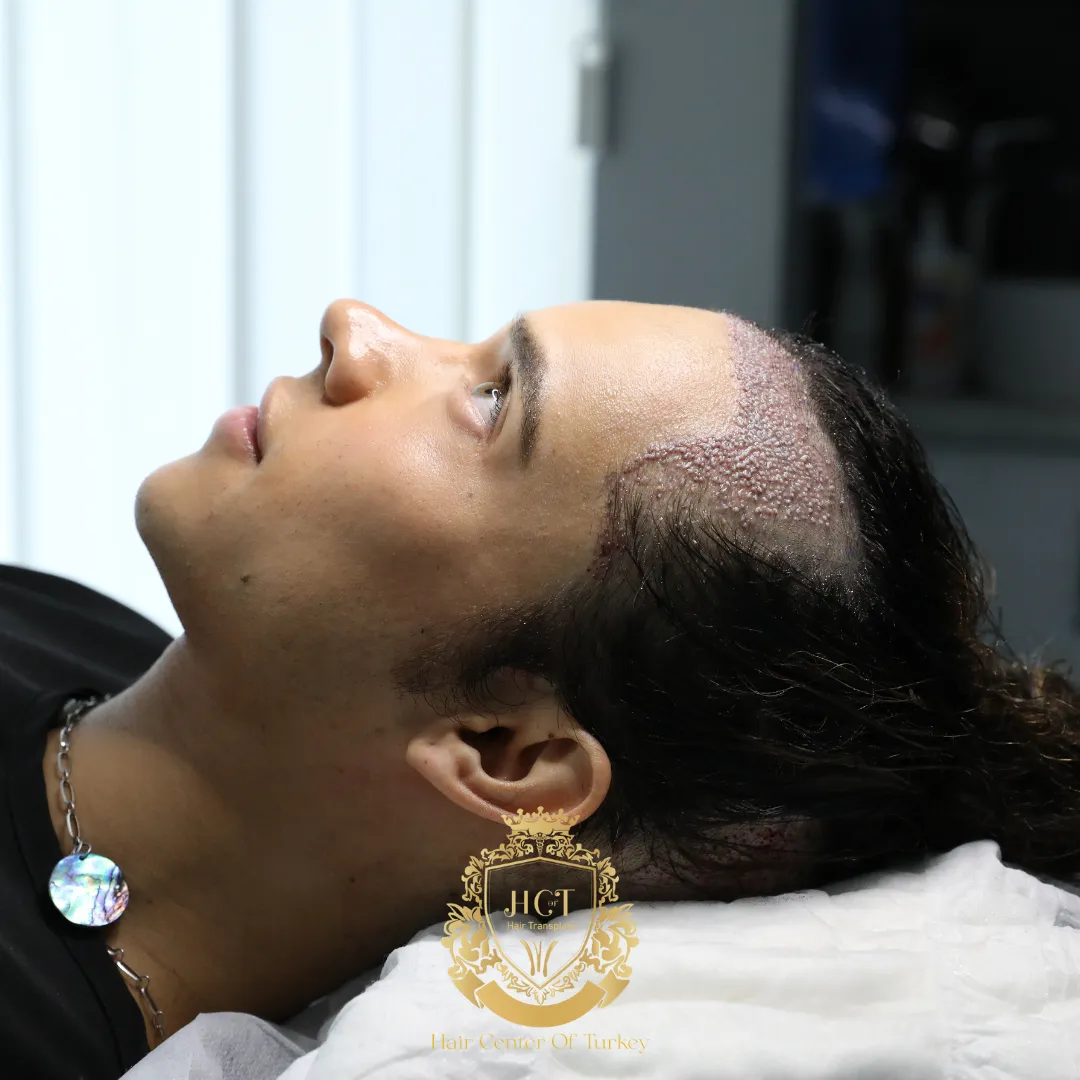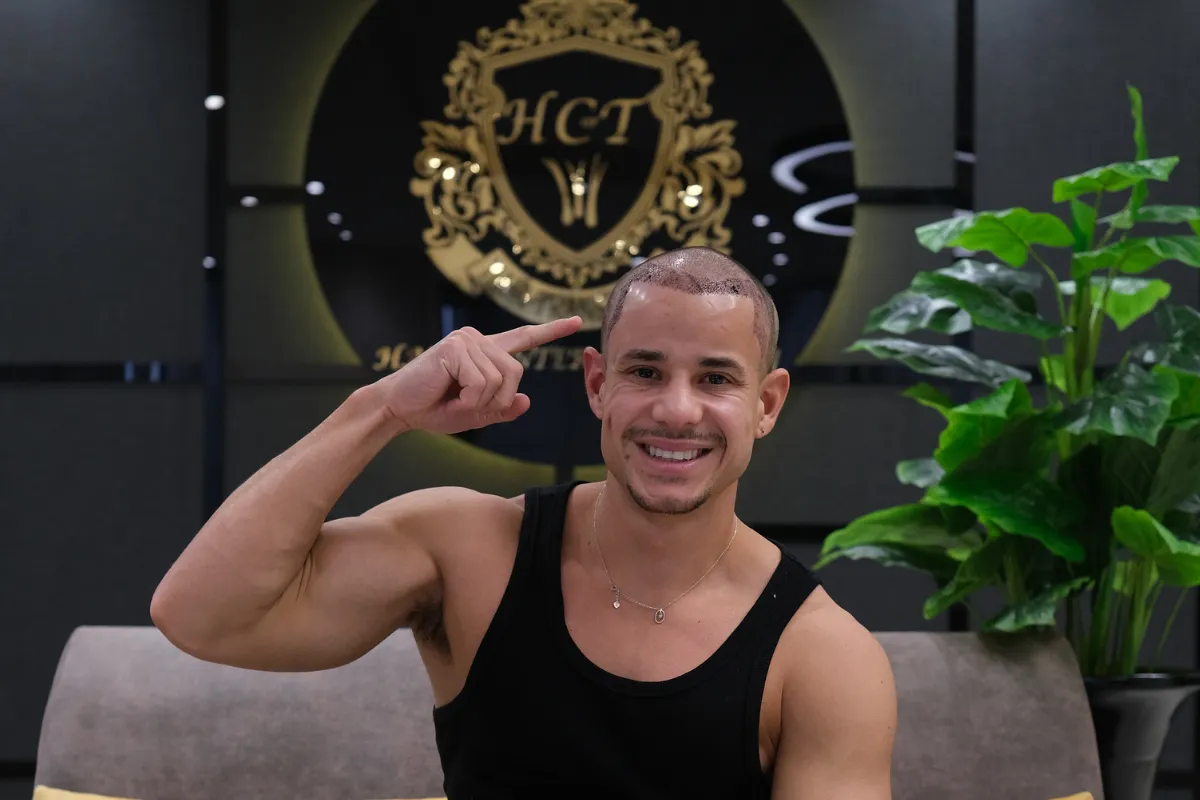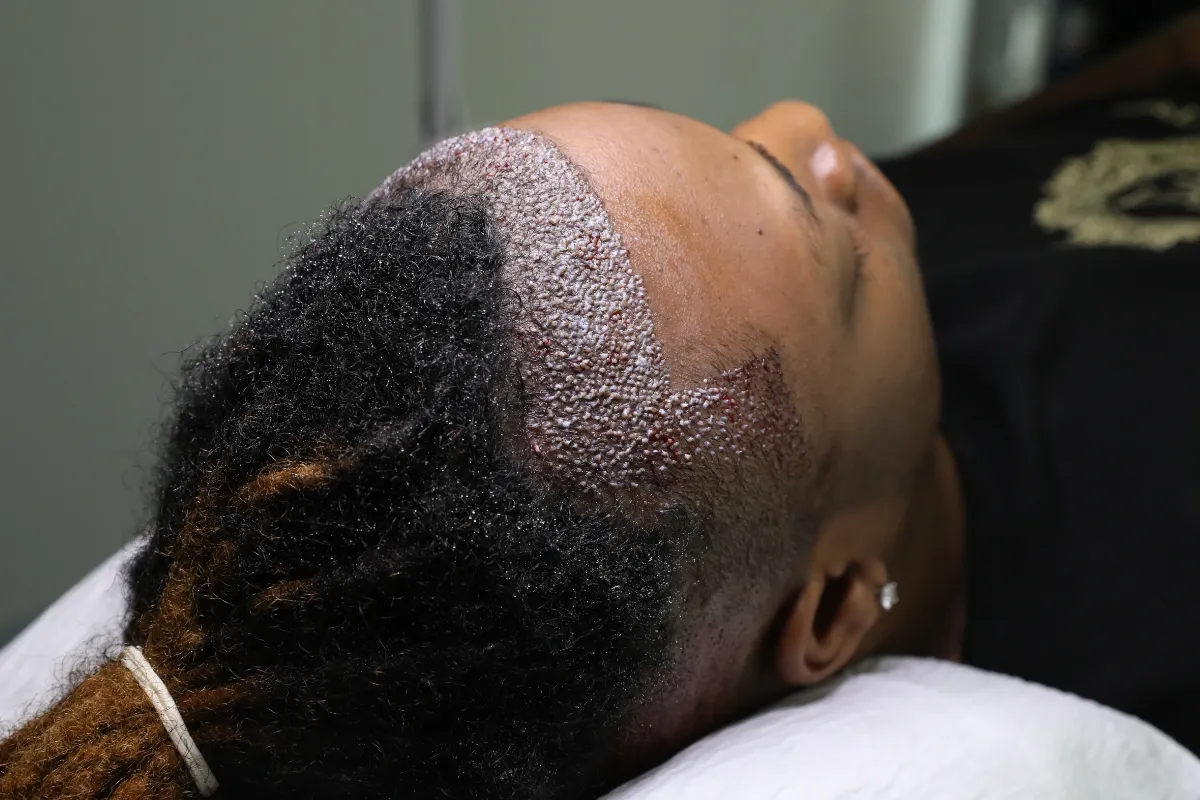
How to Choose the Best Hair Transplant Surgeon in America
To choose the best hair transplant surgeon in the U.S., confirm the doctor’s medical license, look for hair-restoration credentials such as ABHRS, review consistent before-and-after cases, and verify the surgeon—not technicians—handles the key surgical steps. A thorough consultation, transparent pricing, and a clear aftercare plan are essential for natural results.

Table of Contents
Why Choosing the Right Hair Transplant Surgeon Matters
A hair transplant changes how you look every day, so the surgeon’s judgment matters as much as the technique. The right doctor protects your donor supply, designs a hairline that fits your age and facial structure, and plans for future hair loss—not just today’s thinning.
Poor planning can lead to visible scarring, unnatural hairline angles, patchy growth, or a “see-through” look once native hair continues to thin. Fixing a bad transplant often costs more, takes multiple procedures, and may be limited by the donor area.
What Qualifications Should a Top Hair Transplant Surgeon Have?
Start with basics: the surgeon should be a licensed physician in the state where the procedure is performed. Ask where they trained, how long they’ve focused on hair restoration, and roughly how many cases they do each month.
Many excellent hair surgeons also hold board certification in a related specialty such as dermatology or plastic surgery. Separate from those boards, hair restoration has its own credential: ABHRS (American Board of Hair Restoration Surgery) certification, which requires documented training/experience and passing written and oral exams.
Membership in professional societies can add another layer of accountability. ISHRS (International Society of Hair Restoration Surgery) is a leading physician organization in the field and provides patient education and a “Find a Doctor” directory.
How Important Is Before-and-After Portfolio Review?
Before-and-after photos are useful only if they are consistent and comparable. Look for the same lighting, similar hair length, and clear angles (front, temples, crown, and donor area).
Ask to see results in patients with hair characteristics similar to yours: curl pattern, caliber, color contrast, and degree of loss. If possible, request video or in-person examples, since photos can hide density issues.

What Techniques Should the Surgeon Be Proficient In?
Most modern transplants use FUT (strip) or FUE (follicular unit extraction). A strong surgeon can explain which option fits your donor density, hairstyle preferences, scarring tolerance, and long-term plan.
Technique matters, but so does execution. Ask who performs graft extraction, who creates recipient sites (the incisions that determine direction and density), and how grafts are handled and stored to protect survival.
If the clinic offers robotic or motorized extraction, treat it as a tool—not a guarantee. The surgeon’s planning, angles, and donor management still determine whether the result looks natural.
Clinic Safety And Facility Standards
Hair transplants are commonly performed in office-based surgical suites, so safety protocols matter. Ask about sterilization, emergency preparedness, and who monitors you if sedation is used.
Look for third-party accreditation when available. Many U.S. outpatient and office-based surgical facilities seek accreditation through organizations such as AAAHC, AAAASF, or The Joint Commission, which evaluate safety standards and quality processes.
If the clinic is not accredited, ask why, and whether the state requires facility accreditation for office-based surgery. A clear, confident answer beats vague assurances.
Should You Read Reviews and Patient Testimonials?
Yes, but read them like a detective. One perfect review stream can be less trustworthy than a mixed pattern that shows consistent themes: communication, cleanliness, realistic expectations, and follow-up care.
Prioritize detailed reviews that mention timeline, shedding phase, growth months, and how the clinic handled questions after surgery. When possible, ask the clinic if you can speak with a former patient who volunteered to share their experience.

Is a Consultation Necessary Before Choosing a Surgeon?
A consultation is where you learn if the surgeon can diagnose your hair loss correctly and plan safely. The doctor should examine your scalp and donor area, discuss medical options, and set realistic density expectations.
Be cautious if you only speak with a sales coordinator, you’re quoted a graft number without an exam, or you feel pressured to put down a deposit the same day. A reputable clinic welcomes questions and gives you time to think.
How Do You Avoid Hair Transplant Scams and Low-Quality Clinics?
The biggest red flag is unclear surgeon involvement. ISHRS has issued consumer alerts warning that unlicensed technicians performing key surgical steps can put patients at risk.
Ask for the surgeon’s full name and credentials, and confirm they will be present and directly involved in the non-delegable parts of surgery. If the clinic won’t answer who does extractions and recipient site creation, move on.
Other warning signs include guaranteed results, “today-only” pricing, unusually low quotes, or a clinic that won’t show donor-area outcomes. In hair restoration, shortcuts show up months later.
Long-Term Support and Follow-Up Care
Aftercare affects growth and comfort, especially during the first two weeks. You should receive written instructions, medication guidance, and a clear plan for washing, swelling control, and activity restrictions.
Ask what follow-up looks like at 1–2 weeks, 3–4 months, and 9–12 months, and how the clinic handles concerns like shock loss, infection, or poor growth. A clinic that plans for long-term support is usually planning for long-term results.
FAQs About Choosing a Hair Transplant Surgeon in the U.S.
Who is the best hair transplant surgeon in the US?
No single best exists; choose a board-certified hair-restoration surgeon with verified outcomes.
What is the best place in the US to get a hair transplant?
Best place is an accredited clinic with experienced surgeons, transparent results, and strong follow-up.
How to choose the best hair transplant clinic?
Check surgeon credentials, review unedited cases, confirm technique, anesthesia plan, aftercare, and pricing.
Which state is best for hair transplant?
No state is best; prioritize surgeon quality, licensing, and clinic outcomes over location.
What country has the best hair transplant doctors?
No single country is best; surgeon credentials and consistent outcomes matter most.




